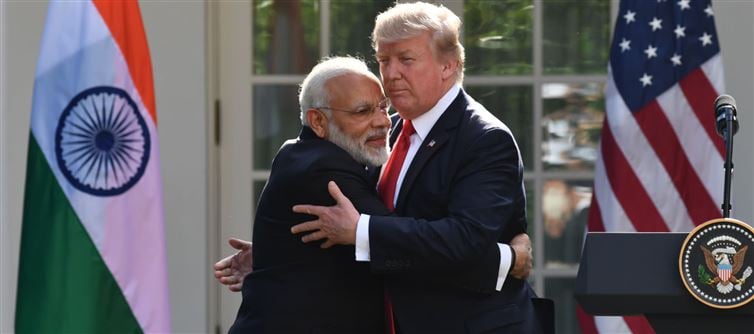
Social media users, frustrated by the fallout of this alignment, have resorted to sarcasm by blaming Jawaharlal Nehru—a long-deceased leader—for today’s geopolitical issues. This trolling reflects a broader discontent with how current leaders often deflect criticism by invoking Nehru, rather than taking accountability for present-day decisions. It’s a sentiment that cuts across partisan lines, where people are questioning whether India’s foreign policy is driven by strategic thought or by political optics. When real-time decisions, such as submitting to external pressure for a ceasefire or being sidelined diplomatically, have life-or-death consequences, netizens argue that accountability must lie with today’s decision-makers—not historical figures.
This online backlash also highlights a deeper issue: the erosion of trust in India’s foreign policy direction and its alliances. If leaders publicly align themselves with foreign powers during electoral campaigns but fail to secure India’s interests when conflicts arise, it naturally raises questions about priorities and judgment. The satirical posts targeting Nehru are not just jokes—they're a coping mechanism for citizens grappling with the idea that national pride and sacrifices may have been traded for political convenience. As frustration grows, there's an increasing demand for more transparent, independent, and assertive diplomacy that truly puts india first—beyond hashtags and headlines.




 click and follow Indiaherald WhatsApp channel
click and follow Indiaherald WhatsApp channel